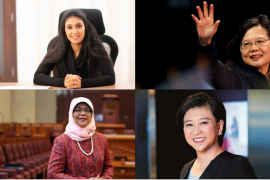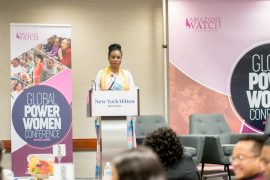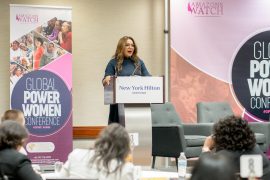Singapore has seen more women research scientists and engineers (RSEs) holding PhDs, according to a survey by the Agency for Science, Technology and Research (A*Star).
The latest National Survey of Research and Development, showed there were 2,740 women PhD holders among the (RSEs), compared with 1,729 in 2010. This is a more than 50 per cent increase.
The figures were revealed recently by A*Star to mark International Women’s Day, which is celebrated on March 8 every year. The Figures showed that there were 7,168 men compared with 2,483 women, according to the 2014 survey – a ratio of nearly three to one.
Similarly, nearly one in three of all RSEs in Singapore is a woman, with the 2014 survey putting the proportion at 29 per cent. Singapore’s ratio exceeds that of many developed countries and research heavyweights.
In 2013, the Organisation for Economic Cooperation and Development saw similar in France and Germany were the figures were 25 per cent and 28 per cent respectively.
Research scientist Sharon Nai, 39, who holds a PhD in mechanical engineering and leads a team at A*Star researching on 3D additive manufacturing, said she has seen more female interns seeking attachments, something she welcomes.
“The ratio of males to females should not be a hindrance, it is about having passion for the job,” she told The Straits Times.
Research scientist Tan Yen Nee, 35, agrees saying one of the projects she is working on at A*Star’s Institute of Materials Research and Engineering can accelerate the process of discovery for new anti-cancer drugs.
“I am happy to do research that can be translated into something beneficial for our society,” she said.
Dr Tan, who holds a PhD in molecular engineering of the biological and chemical systems and is an adjunct assistant professor at National University of Singapore, said more female students have requested internships or visits to the lab.
But Dr Tan, a mother of two, said there are challenges specific to women scientists like herself, like being more careful during pregnancy. “I was a bit clumsier when I was pregnant and we do work with some dangerous chemicals in the lab,” she said, adding though that using personal protective equipment is sufficient.
She believes that role models in the science arena should step forward to mentor and encourage younger women to pursue careers.
Source: Strait Times




